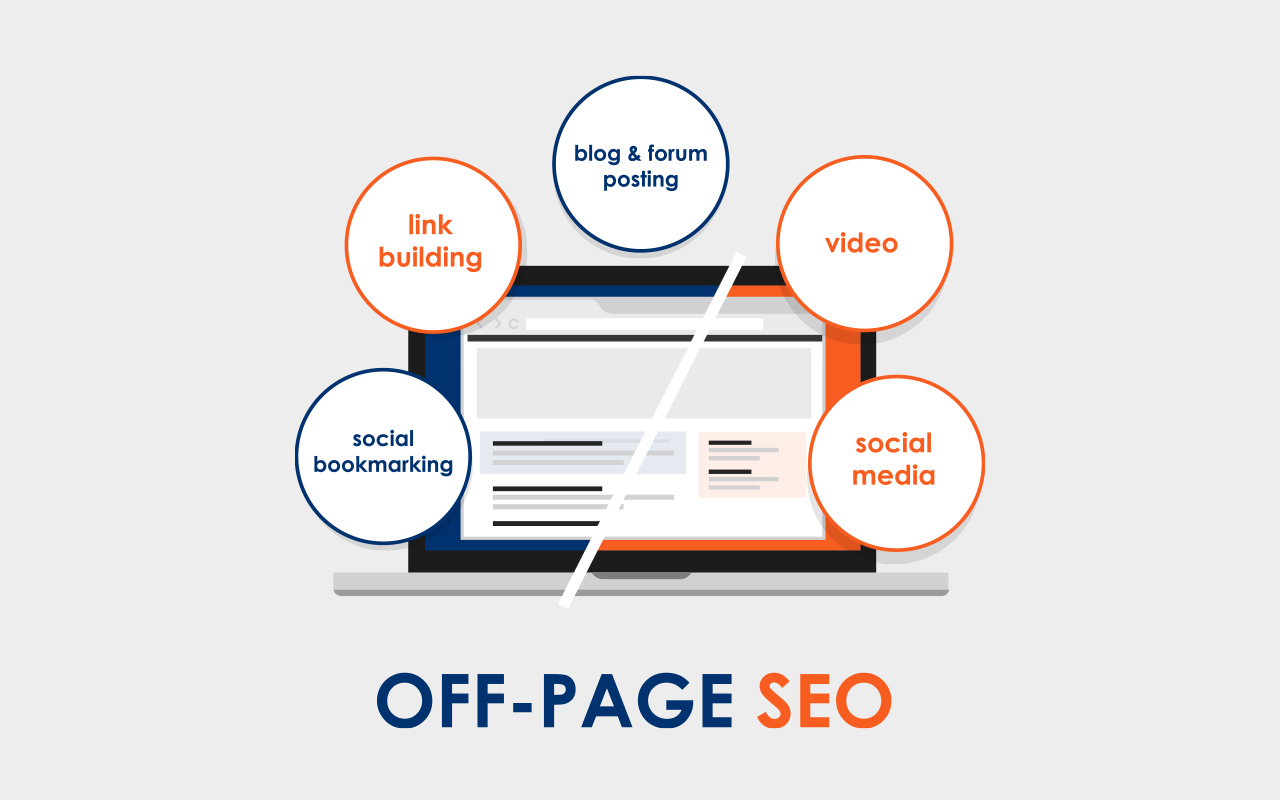Influencer marketing has emerged as a pivotal strategy in the digital marketing landscape. But what is influencer marketing? In essence, it is a collaboration between brands and individuals who have a significant following on social media platforms. These individuals, known as influencers, have the power to affect the purchasing decisions of their followers due to their authority, knowledge, or relationship with their audience.

The Evolution of Influencer Marketing
The concept of leveraging influential people to market products is not new. However, with the advent of social media, influencer marketing has evolved significantly. Initially, it was celebrities who dominated this space. Today, however, even micro-influencers with smaller yet highly engaged followings play a crucial role in marketing strategies.
Types of Influencers
Understanding the types of influencers is essential for brands looking to harness the power of influencer marketing. Influencers can be categorized based on their number of followers:
Micro-Influencers
These are individuals with a following of 1,000 to 100,000 on social media platforms. They often have a high engagement rate and a strong connection with their audience.
Macro-Influencers
With a following ranging from 100,000 to a million, macro-influencers often have wider reach but may have a lower engagement rate compared to micro-influencers.
Mega-Influencers
These are celebrities or individuals with over a million followers. They have a broad reach but often come with a hefty price tag.
Platforms Dominating Influencer Marketing
Different social media platforms offer unique opportunities for influencer marketing. The most popular platforms include:
Known for its visual content, Instagram is a favorite among brands and influencers. It offers various formats such as posts, stories, and reels.
YouTube
As a video-centric platform, YouTube allows influencers to create detailed content, which builds trust and engagement with their audience.
TikTok
With its short-form video content, TikTok has quickly become a hub for influencers, especially among younger demographics.
Benefits of Influencer Marketing
Brands opt for influencer marketing for several reasons:
Increased Brand Awareness
By collaborating with influencers, brands can reach a wider audience and enhance their visibility.
Targeted Marketing
Influencers often have a niche audience, allowing brands to target specific demographics effectively.
Improved Credibility and Trust
Influencers have built a rapport with their followers, which can translate into increased trust and credibility for the brand they endorse.
Challenges in Influencer Marketing
Despite its benefits, influencer marketing comes with its own set of challenges:
Finding the Right Influencer
Brands need to ensure that the influencer aligns with their values and target audience.
Measuring ROI
Quantifying the return on investment for influencer campaigns can be challenging due to the intangible nature of brand awareness and engagement.
Maintaining Authenticity
Overly promotional content can lead to a loss of authenticity, which is vital for maintaining audience trust.
Future of Influencer Marketing
The future of influencer marketing looks promising, with trends pointing towards increased personalization and the use of technology:
Artificial Intelligence
AI can help in identifying the right influencers and predicting trends, making campaigns more effective.
Live Shopping
Live shopping events hosted by influencers are becoming increasingly popular, offering a direct way to boost sales.
Conclusion
In conclusion, influencer marketing is a powerful tool for brands looking to connect with their audience in a genuine and impactful way. By understanding its nuances and staying updated with trends, brands can leverage this strategy to achieve their marketing goals.

FAQs
What is the role of a micro-influencer?
Micro-influencers often have a smaller but highly engaged audience, allowing brands to target niche markets effectively.
How do brands measure the success of influencer marketing?
Brands measure success through metrics such as engagement rate, reach, and conversions, although it can be challenging to quantify intangible benefits like brand awareness.
Can influencer marketing work for small businesses?
Yes, small businesses can benefit from influencer marketing by collaborating with micro-influencers who resonate with their target audience.
For more insights into strategies similar to influencer marketing, you can explore our detailed guide on Advanced Off-Page SEO Techniques. Additionally, learn how to find opportunities for Guest Blogging to enhance your digital marketing strategies. For further reading on off-page SEO, you might find this external resource helpful.







